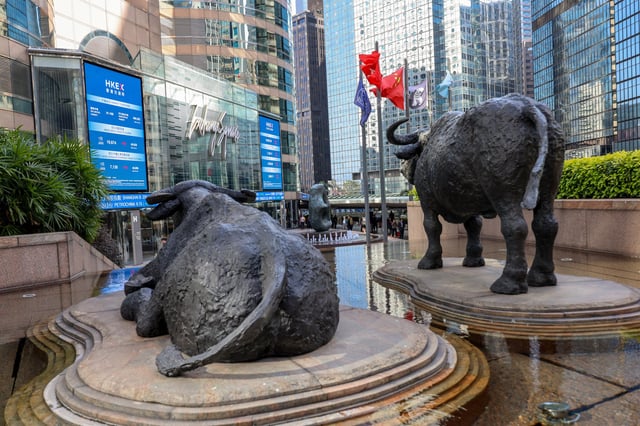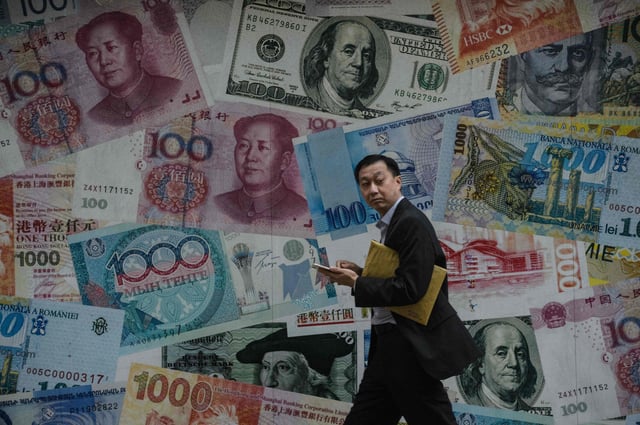Overview
- The Hong Kong Monetary Authority executed its largest-ever single-day intervention on May 6, selling HK$60 billion (US$7.8 billion) to maintain the Hong Kong dollar's peg to the U.S. dollar.
- The Taiwan dollar surged 8% over two days to a three-year high, triggering significant appreciation in other Asian currencies, including those of South Korea, Singapore, and China.
- Analysts attribute the regional currency rally to U.S. President Donald Trump's tariff policies, which have undermined confidence in the U.S. dollar and spurred speculative flows.
- Taiwan’s central bank and President Lai Ching-te denied speculation that the currency's appreciation was linked to trade concessions with the U.S., calling such claims unfounded.
- The HKMA confirmed it has been diversifying away from U.S. Treasury holdings, reflecting a broader shift among regional institutions toward reducing exposure to dollar-denominated assets.


